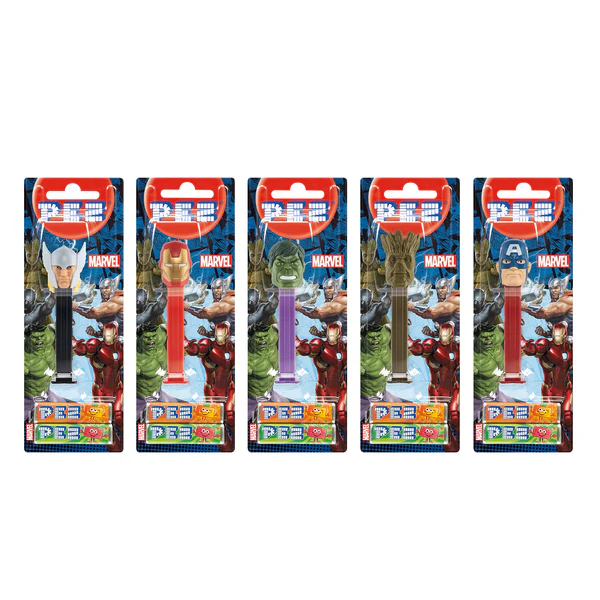INDIANS LOVE SHOPPING
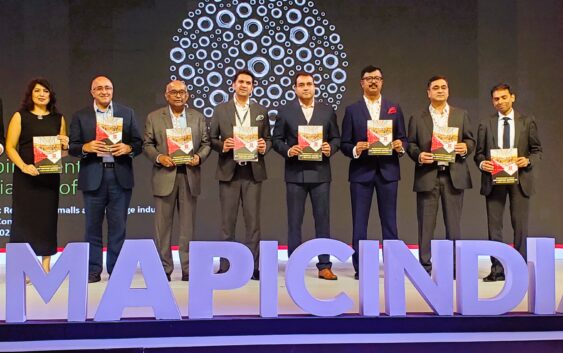
MAPIC India, formerly known as the India Retail Forum (IRF), leads retail businesses into a realm of education, expansion, and purchasing, while also providing a view into the future of retail and retail real estate. The MAPIC India conference 2023, an underlying subject of experiential retail, is a tribute to the altering nature of customer interactions and retail locations.
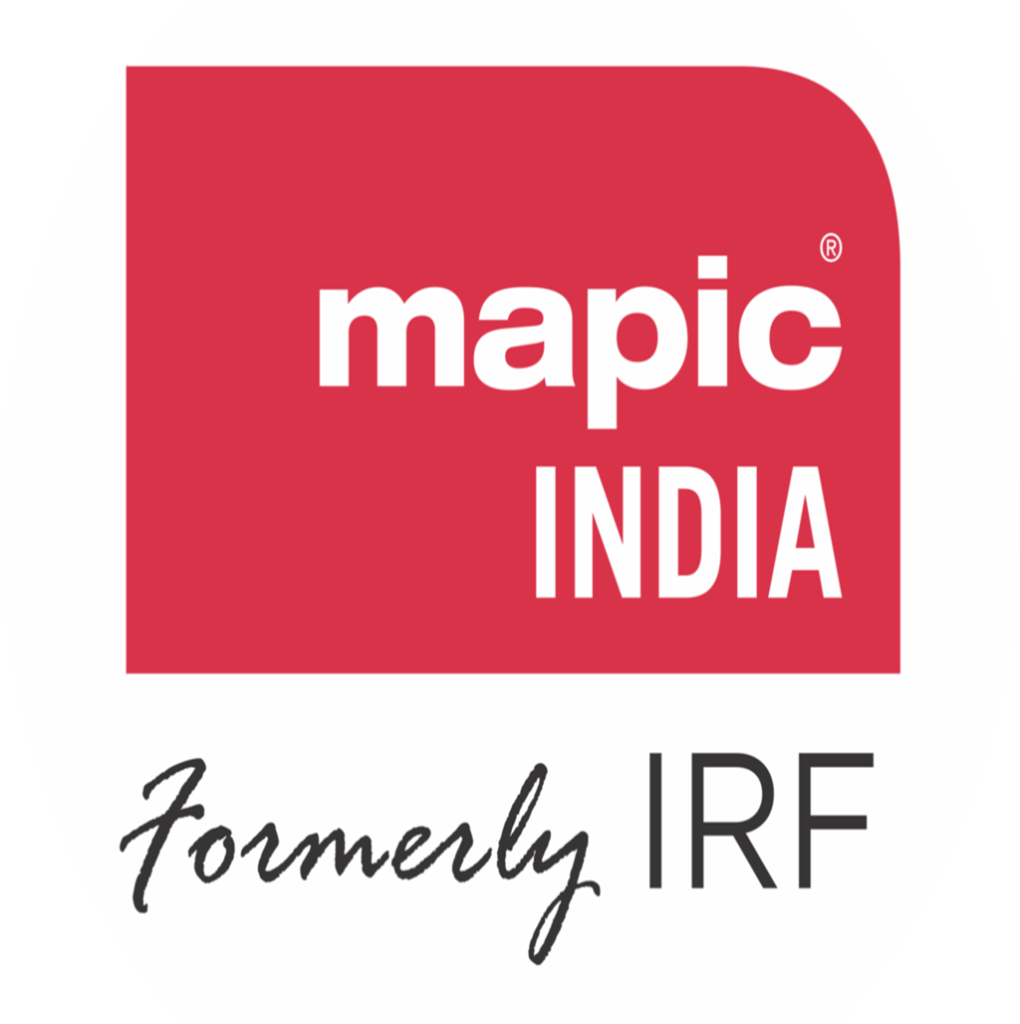
The MAPIC India conference two-day event, was spread over numerous experience zones, provided an exclusive chance for everyone in attendance, from budding retail businesses to important industry leaders, to meet and connect with the appropriate people. The event also included two of the country’s most prestigious retail prizes, the MAPIC India Retail prizes and the MAPIC India Retail Tech Awards, which honoured success in all key categories of contemporary retail in India in the presence of luminaries from across the world.
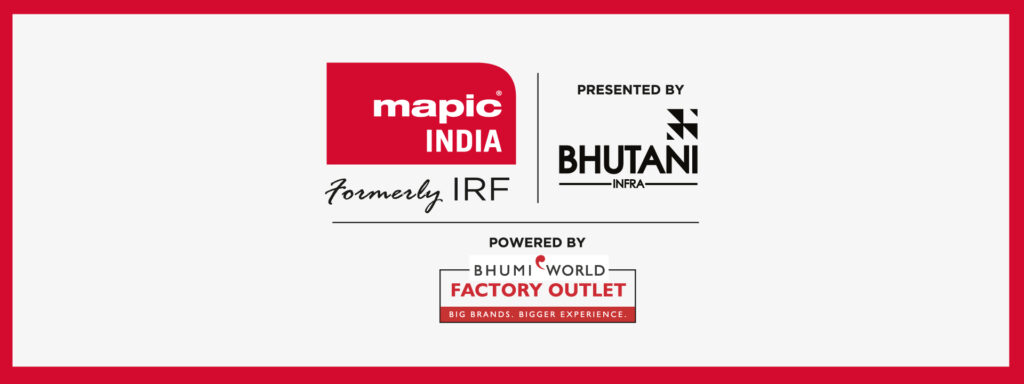
Retailers, local and regional governments, investors, developers, brokers and asset managers, master-franchise, service providers, broad conference programme, range of networking events, current news and fresh views in international retail real estate were among the exhibitor product profiles.
The main annual event, Innovation Forum, co-located with MAPIC India, showed the future of retail Digitech solutions to decision-makers. It brought together thousands of influential buyers and solution suppliers.
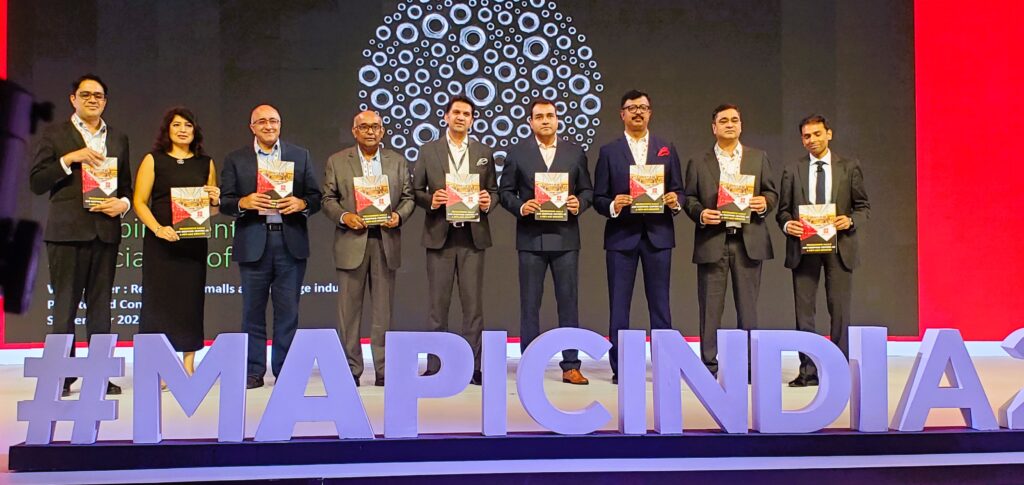
At the MAPIC event in Mumbai, Deloitte India and the Shopping Centre Association of India (SCAI) jointly presented a survey-based research titled “Recognising malls and shopping centres as a new-age industry.” According to the survey, malls and shopping centres make for a sizable portion of the organised brick-and-mortar retail industry. This category is likely to develop rapidly, with a projected 17 percent CAGR from 2022 to 2028, exceeding total retail growth.
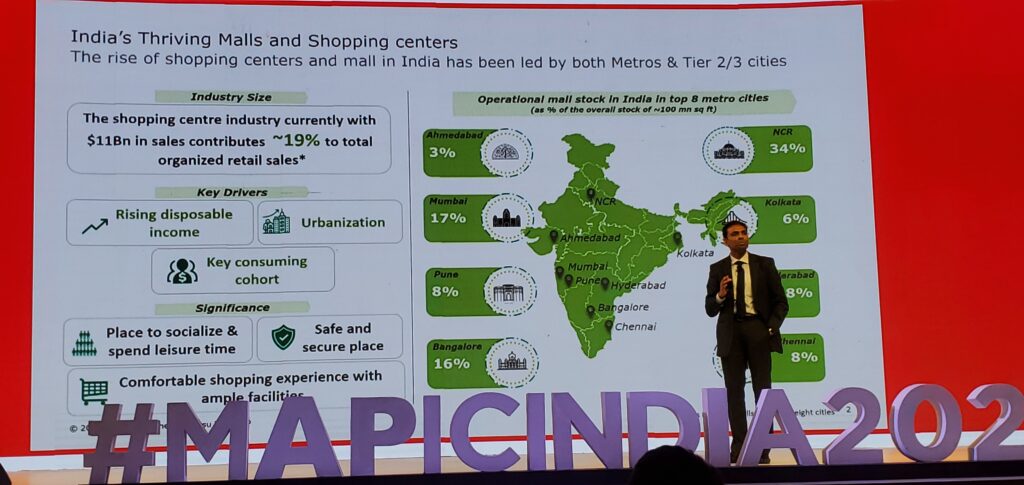
According to a Deloitte-Shopping Centre Association of India (SCAI) analysis, the shopping centre business would develop at a 17% annual rate between 2022 and 2028, emerging as a catalyst for economic growth.
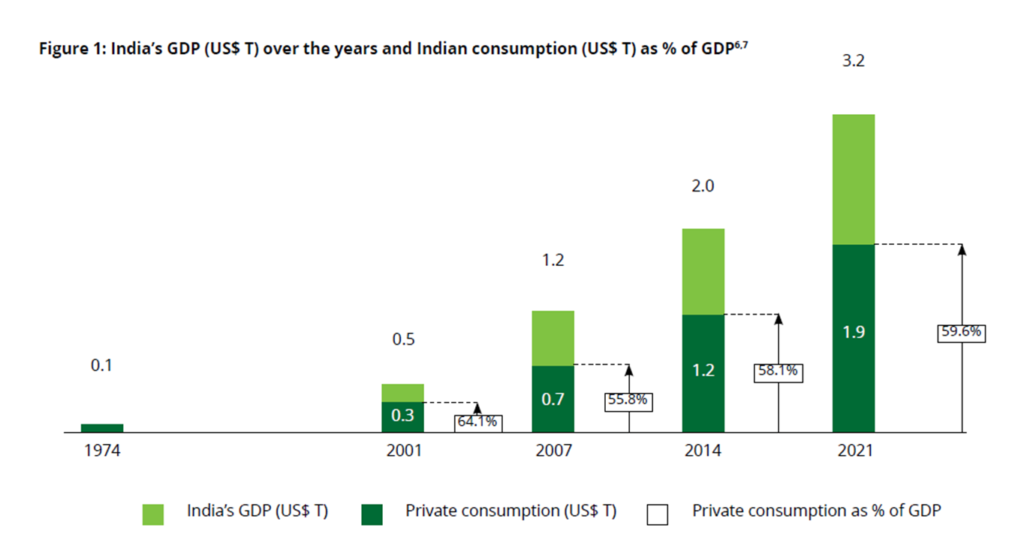
According to a survey-based joint analysis by Deloitte India and the Shopping Centre Association of India (SCAI) titled “Recognising malls and shopping centres as a new-age industry,” private consumption in India is predicted to climb to US$ 4.5 trillion by the end of the decade.
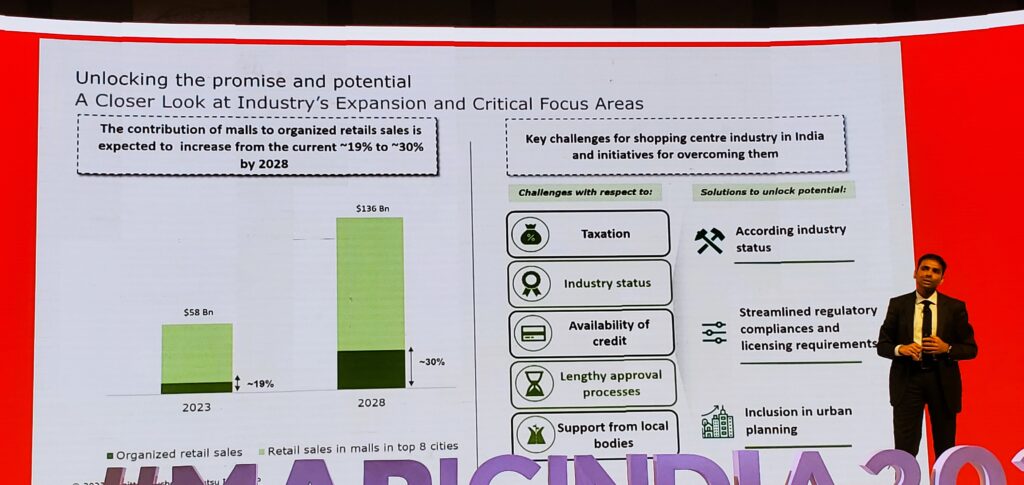
According to the analysis, from 2022 to 2028, this sector would surpass the entire expansion of the retail industry, increasing at a predicted 17% compound annual growth rate (CAGR).
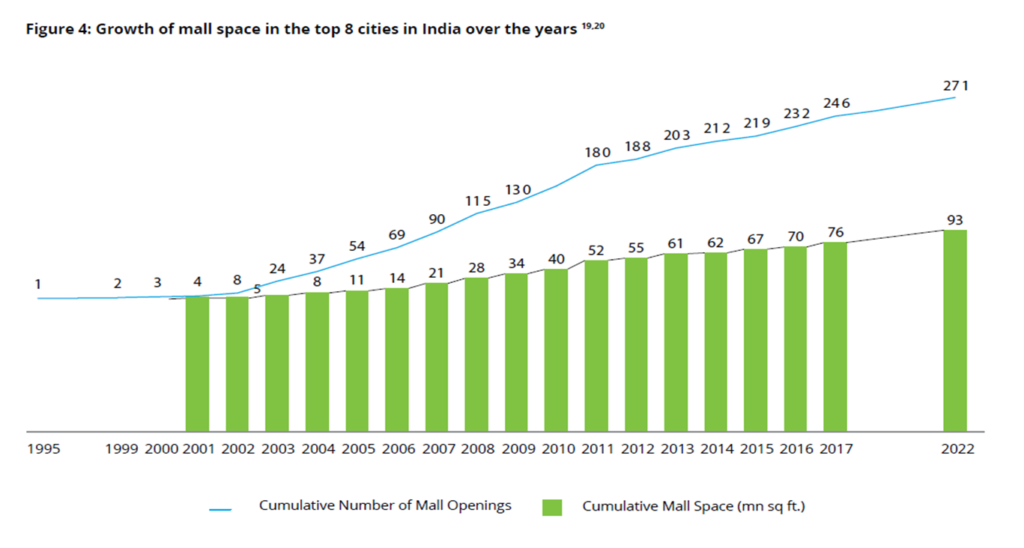
The Deloitte analysis on shopping malls in India, around 60 shopping malls totaling 23.25 million square feet are scheduled to open in the top seven cities of India between 2023 and 2025. Ten million square feet are scheduled to be active in 2023, with 25 new malls hitting the market throughout India’s top seven cities. This new supply will require a Rs 250 billion investment.
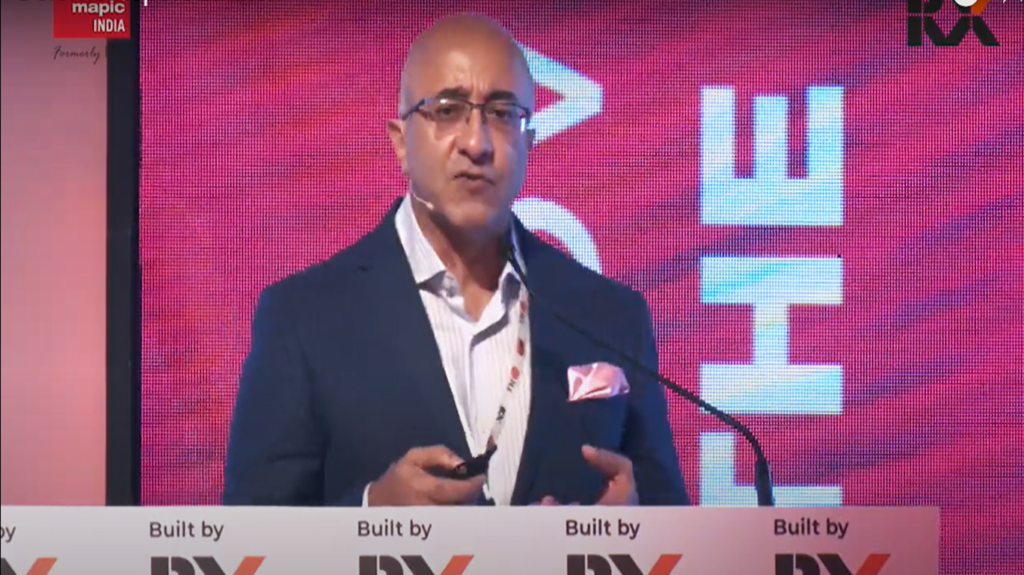
Commenting on the launch, Rajat Wahi, Partner, Deloitte India, said, “As India sets its ambitions to head towards a US$5 trillion economy, the potential role of shopping centres in our nation’s growth has to be emphasised. Through the findings of this joint report, Deloitte and SCAI have attempted to illustrate the potential that this Industry holds.”
“In addition to generating revenue for the economy, shopping centres also contribute to the development of the country’s social infrastructure and give both foreign and native businesses a platform to access the Indian market. These centres serve as essential catalysts for India’s economic change,” he added.
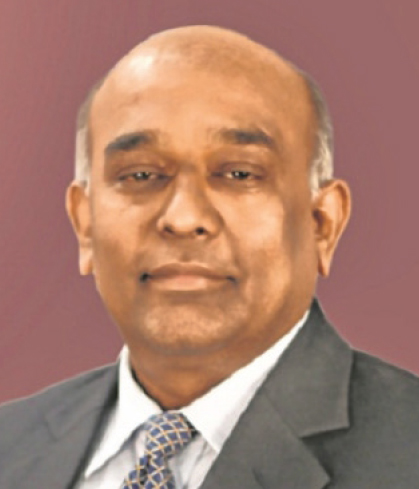
Mukesh Kumar, Chairman of Board of Directors, Shopping Center Association of India (SCAI) said “Growth of Retail and Shopping Center industry over the 10-15 years has been phenomenal. Shopping Centers has turned out to be a catalyst for retail growth in the country. Developers have been very bullish about developing malls not only in Tier 1 and tier 2 cities but also moving to tier 3 & 4. With 275 to 300 million sq ft already operational and another 35-40 million sq ft getting operational in the next 18-24 months, the industry is adding quite a lot to the economy. It is very important to highlight the strengths of this industry and how it is adding to the growth of India story. White paper is an attempt to highlight some of the salient features.”
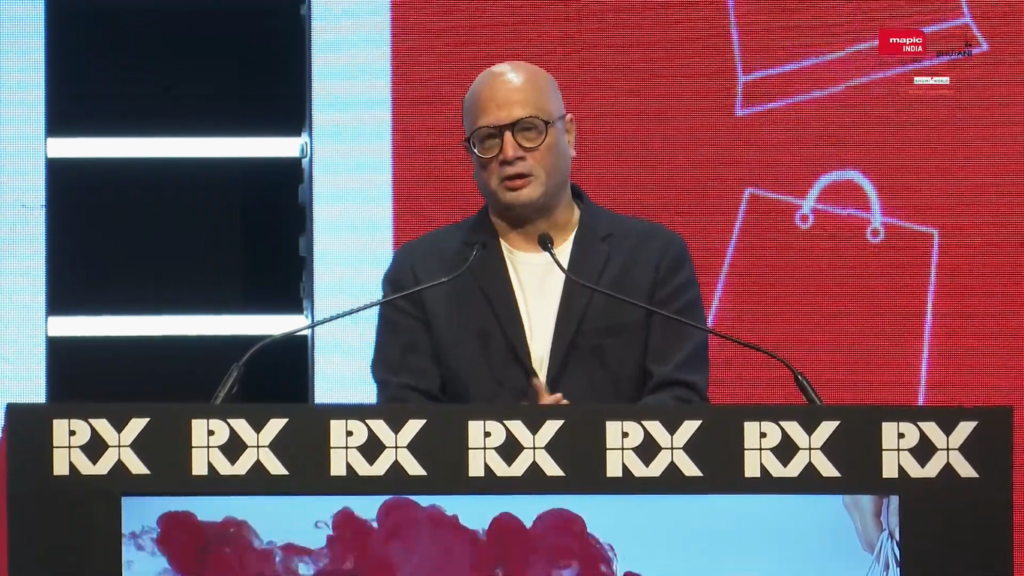
The keynote Address By MAPIC India Chairman: Shailesh Chaturvedi, MD and CEO, Arvind Brands highlighted the relevance in retail, fashion and differentiation. Shailesh pointed out that India’s retail universe will have to re-invent to remain relevant to occupy the share of the consumer’s wallet and his or her mind-space. “Consumers have the option to get distracted and hence we need to offer a differentiating offering,” Chaturvedi said.
The key observations –
- The importance of relevance in the retail industry: Chaturvedi believes that in order for retailers to succeed in today’s market, they must be relevant to consumers, investors, and the industry as a whole. He argues that brands like Apple are able to remain relevant by offering differentiated products and experiences that meet the needs of their customers.
- The need for differentiation: Chaturvedi emphasizes the importance of differentiation in the retail industry. He believes that in order to stand out from the competition, retailers must offer products and services that are unique and differentiated. He also argues that differentiation is essential for reducing discounting and improving profitability.
- The focus on financial metrics: Chaturvedi believes that the retail industry should focus more on financial metrics such as return on capital employed and profitability. He argues that by improving these metrics, retailers can attract investors and ensure the long-term sustainability of their businesses.
- The challenges facing the retail industry: Chaturvedi acknowledges the challenges facing the retail industry, such as the rise of e-commerce and the increasing competition from new brands and categories. He believes that retailers must adapt to these challenges in order to remain relevant and successful.

Consumers in tier 2 and 3 cities also want to enjoy the similar lifestyle as those in metro cities and hence over the next 10 years, food space will see a lot of casual dining, said Riyaaz Amlani, founder, Impresario Entertainment Hospitality that runs Social, Smoke, House Deli, Salt Water Café, Mocha, BOSS Burger and Slink & Bardot. According to their survey conducted in 2019, Indians going out for food had rose to 18 times a month from four times in 2011 compared to 72 times a month in Singapore.
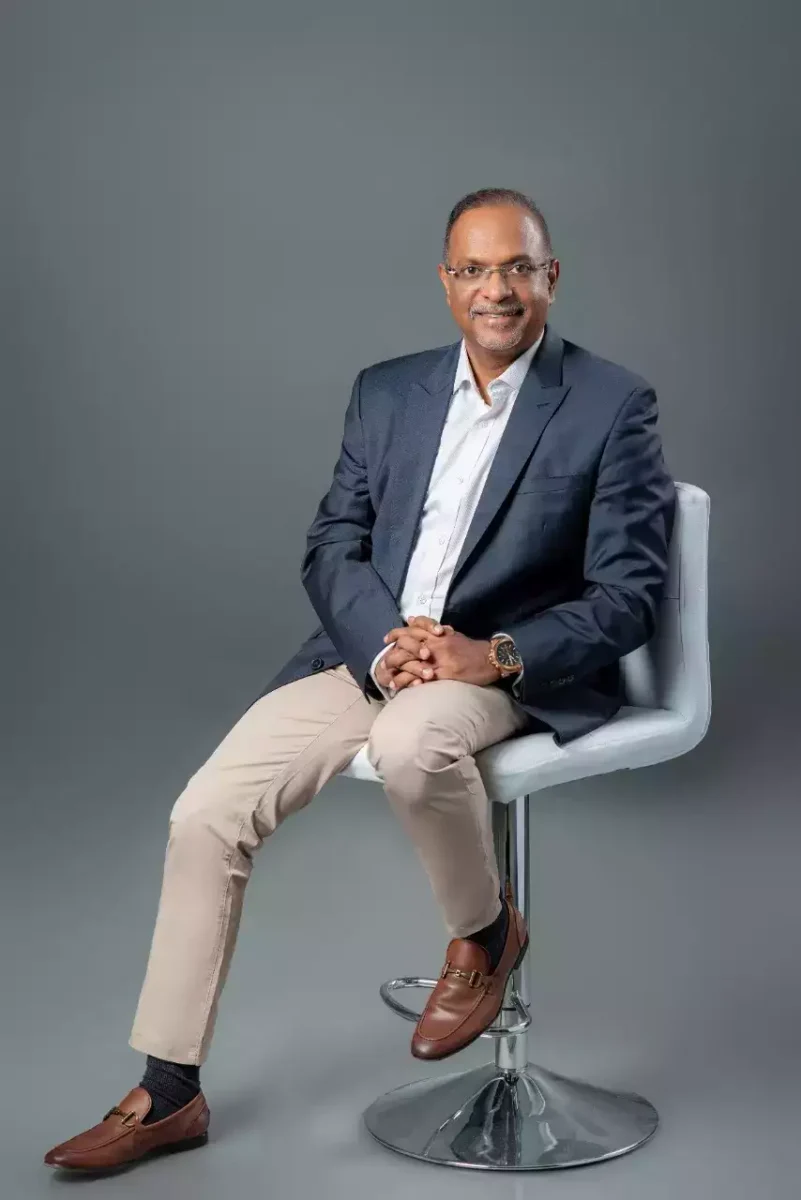
Venu Nair, advisor and ex-CEO and MD, Shoppers Stop, said that digital adoption got fast tracked by the consumers due to COVID and the attention span of the customer has gone down. Spending three hours at the store is fine, but keeping the customer occupied for three minutes at the cash counter is a challenge. Allow the customer to initiate his shopping online and facilitate him to complete his journey at the store, by upgrading technology at the back-end in the store, Nair added.
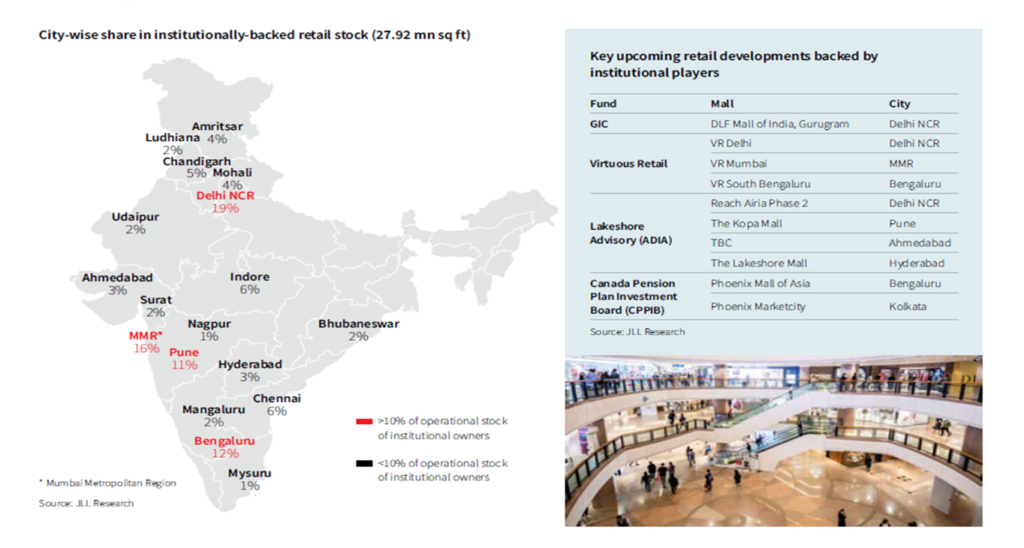
According to a study issued by JLL at the MAPIC India conference, India’s brick and mortar retail industry is rebounding back, with robust leasing activity of 3.16 million square foot (msf) recorded in the first six months of the current calendar (H1 2023). Leasing activity in the retail sector was thought to have decreased during and after the pandemic, as digital consumption increased.
According to a survey issued by JLL at the MAPIC India conference, India’s brick and mortar retail sector is rebounding back, with robust leasing activity of 3.16 million square feet recorded in the first six months of the current calendar year till June 2023.
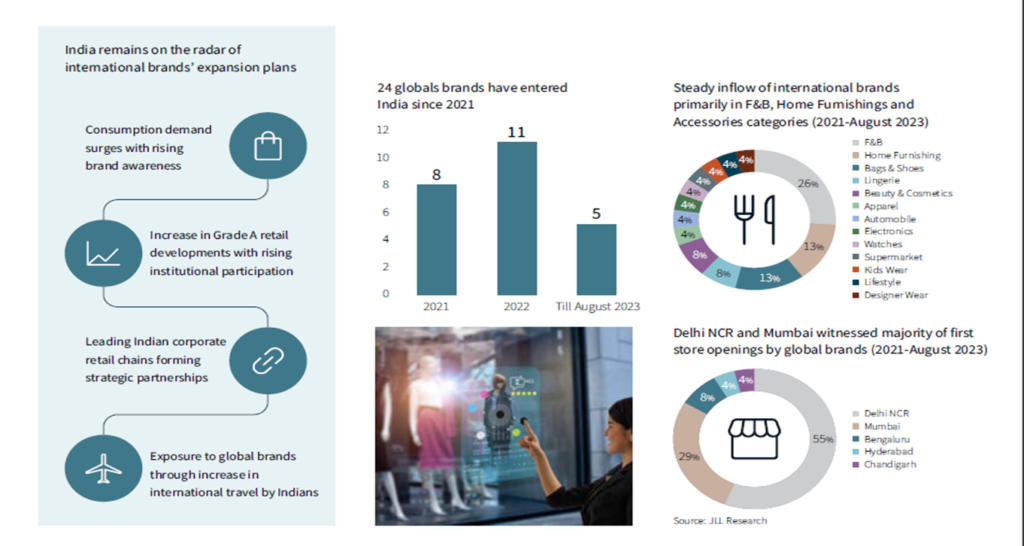
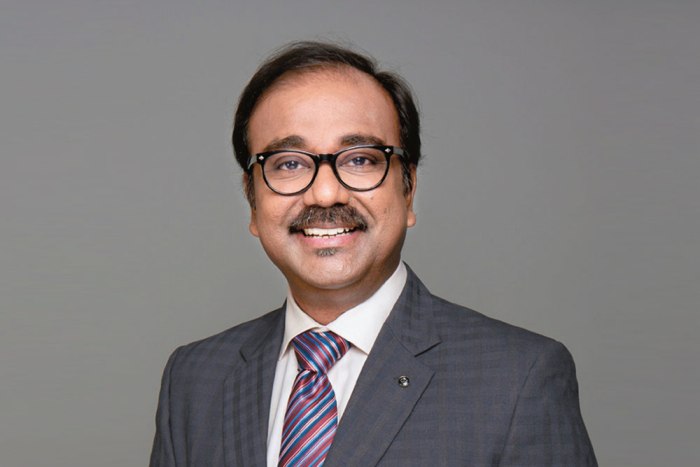
Dr Samantak Das, chief economist and executive director, research and REIS, India, JLL, said, “Shopping mall stock as of first half of calendar year 2023 was 89 msf with expected supply pipeline of over 38.04 msf of retail developments between H2 2023 and 2027 taking the tally to 127 msf by the end of 2027.” Food and beverage (F&B) along with apparel occupied over 51% of the gross leasing activity, Das added.
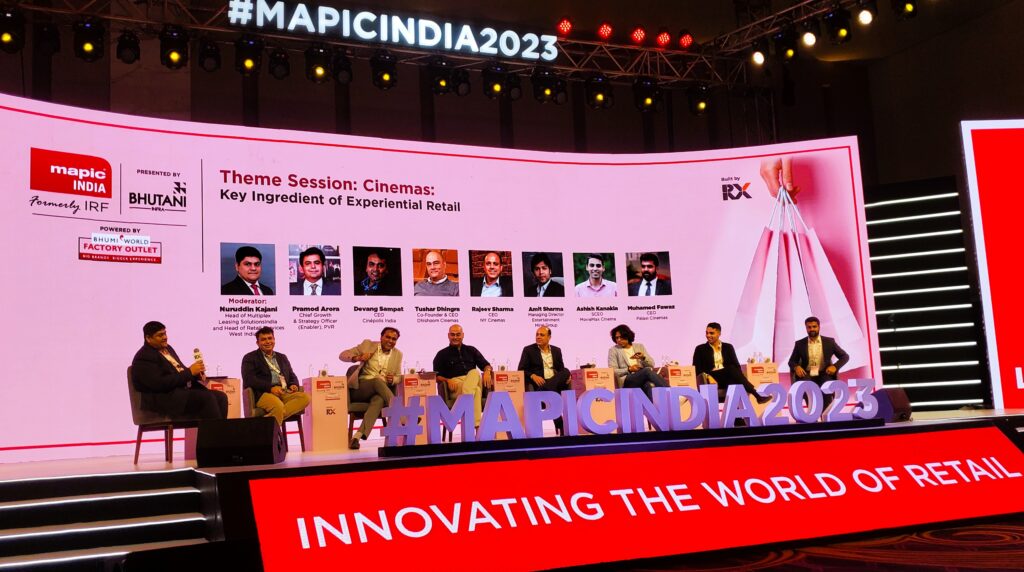
In the theme Session: Cinemas: Key Ingredient of Experiential Retail, experiential retail isn’t limited to Apple Stores and other tech-related notions. Cinemas, one of the oldest shopping centre anchors, have entered a new age and are making a significant comeback in retail complexes, as customers seek entertainment alternatives that take them away from their computers. The new forms of movie theaters also benefit retail landlords. Many owners are enthusiastic about these concepts since they attract a desirable night population after clothes retailers have closed for the evening, similar to their attractiveness to restaurants in shopping malls.
The key observations from the session on Cinemas: Key Ingredient of Experiential Retail at MAPIC India are as follows:
- The importance of experience in the cinema industry: The panelists believe that in order to succeed in today’s market, cinemas must offer a differentiated and immersive experience for consumers. This includes offering larger-than-life formats, luxury seating, and unique food and beverage options.
- The need for innovation: The panelists believe that the cinema industry must continue to innovate in order to remain relevant. This includes exploring new technologies such as virtual reality and augmented reality, as well as developing new content formats such as live events and 3D sporting events.
- The challenges facing the cinema industry: The panelists acknowledge the challenges facing the cinema industry, such as the rise of streaming services and the increasing competition from other forms of entertainment. They believe that cinemas must adapt to these challenges in order to remain successful.
- The future of the cinema industry: The panelists are optimistic about the future of the cinema industry. They believe that by focusing on experience, innovation, and customer loyalty, cinemas can continue to thrive in the years to come.
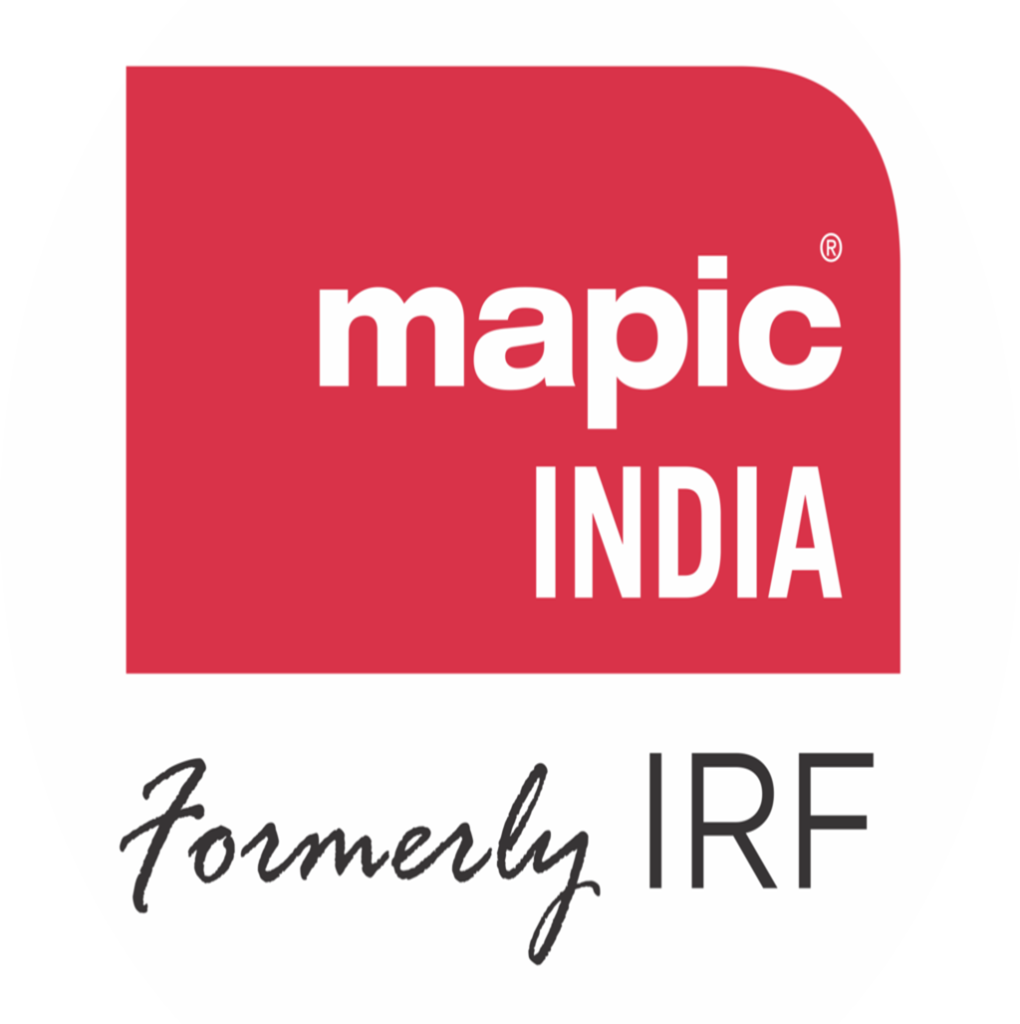
MAPIC India has been a guiding light to a hopeful future for retail industry players in a market noted for its quick expansion and transition. It has continually shown to be an invaluable knowledge and networking tool for the whole retail ecosystem, not only retail businesses and real estate stakeholders. MAPIC India has been essential in assisting partners and participants as the sector prepares for the exciting times ahead.

Bhumi World Industrial Park is a thriving manufacturing industrial park located in Bhiwandi, Thane District, a Mumbai suburb. India’s first self-sustained industrial park with a plug-and-play model.
Bhumi World Industrial Park provides cutting-edge facilities and services for firms seeking to establish operations in India. Our plug-and-play methodology guarantees a hassle-free experience for our customers.
Visit website to learn more: www.bhumiworld.in
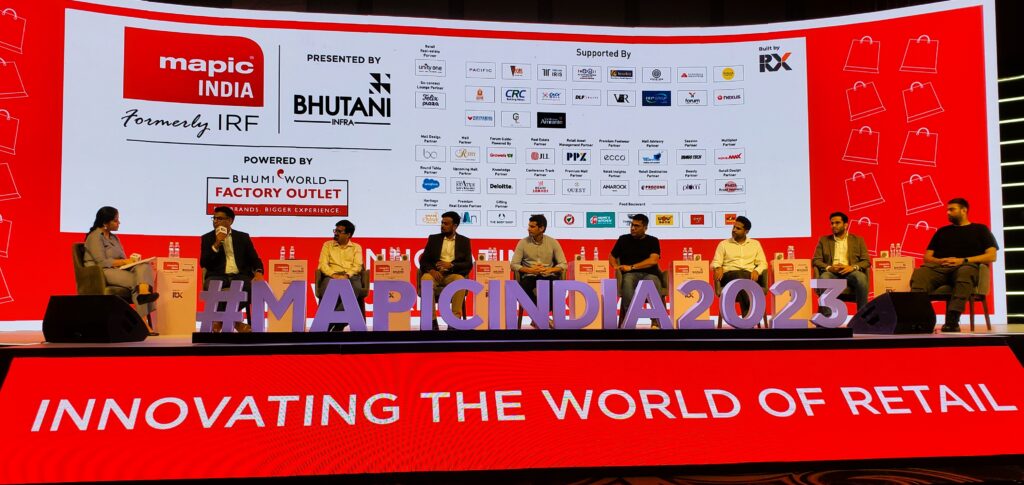
In the experiential Retail Theme Session: Grabbing a Cuppa with Coffee Players,Caffeine kickstart to the day – Coffee shops are the new experiential essential, coffee drinkers want a dynamic cafe culture and a passion for fragrant and artisanal coffee, a place to unwind with a cup of coffee, chillout, as experiential cafés are gaining popularity, offering a combination of creativity and therapy.
Overall, experiential retail has given coffee shops a significant advantage. The cafés have seen it everything, from hooking up over coffee to holding a brief business meeting. Modern coffee drinkers want their morning caffeine fix with a narrative, which the pleasant, warm rooms deliver. In a nutshell, coffee shops provide precisely what you want: a shock of caffeine that makes you feel like you can get through the day while also feeding your senses.
Experiential cafés, which provide food and beverages as well as creative activities that a person may perform while indulging in cuisine and combine distinctive themes and interactive features, are becoming increasingly popular since they provide an enjoyable and immersive experience.
Third Wave Coffee, a coffee-first quick service restaurant (QSR) brand that has built more than 20 shops in Mumbai, this new outlet marks its sixth collaboration with the Mumbai-based bookshop company Crossword Bookstores.
The coffee brand operates cafés in several Indian cities, including Hyderabad, Coonoor, Bengaluru, Delhi, Mumbai, Chandigarh, and Pune. It generated funds to promote national expansion, supply chain improvements, capability upgrades, and technical advances.
Tim Hortons, a Canadian coffee brand that debuted in the nation in August 2022, has increased its presence in India; its franchise opened more than 20 coffee shops in India at Delhi NCR, Punjab, Mumbai, and Bangalore, further expanding into Bangalore and Pune, while North India and Mumbai continue to flourish.
Coffee brands are drawn to India because of the country’s economic expansion and the developing cafe culture among Gen Z and millennials, as well as the rising expectations of Indians who travel and want comparable experiences back home.
One of Blue Tokai Coffee’s distinguishing characteristics is their dedication to the “farm-to-cup” mentality. This means that they have tight relationships with coffee producers throughout India, sourcing beans directly and fairly. They collaborate with small and medium-sized coffee farms to encourage sustainable and ethical coffee production.
Direct sourcing not only assures high-quality beans, but it also benefits local communities, improving farmers’ lives.
Blue Tokai Coffee is more than simply beans; it’s an experience. Their cafés, situated in several locations across India, provide a welcome environment for coffee connoisseurs to discover the world of Indian coffee. The cafés are constructed with a mix of modern aesthetics and rustic charm, offering the ideal setting for enjoying your favorite coffee.
Blue Tokai prioritizes coffee education. They frequently hold brewing classes and events to assist clients understand and enjoy the intricacies of coffee. Whether you’re a beginner or an experienced barista, you’ll find something to learn and enjoy.
According to study, the average coffee consumption in India is currently at 30 cups per year, compared to the global average of 200 cups per year!
India’s domestic coffee consumption has increased dramatically in recent years, mainly to a growing middle class and increased understanding of coffee culture.
According to the Indian Coffee Market Report 2022, the Indian retail coffee business has grown by around 20% over the previous two years. The retail coffee market in India is rapidly expanding. In 2021, the market was valued at over Rs 1700 crore, and it is predicted to rise at a CAGR of more than 20% in the next years. India used 1.21 million bags of coffee weighing 60 kg apiece in fiscal year 2022.
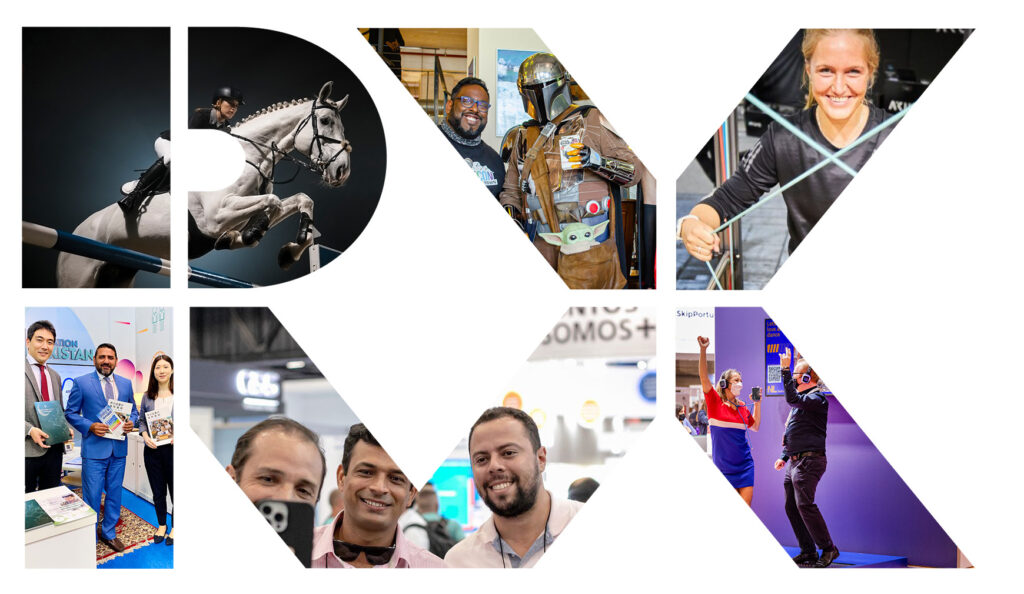
RX is in the business of building businesses for individuals, communities, and organizations. We elevate the power of face-to-face events by combining data and digital products to help customers learn about markets, source products, and complete transactions at over 400 events in 22 countries across 43 industry sectors.
RX is passionate about making a positive impact on society and is fully committed to creating an inclusive work environment for all our people.
RX is part of RELX, a global provider of information-based analytics and decision tools for professional and business customers.www.rxglobal.com
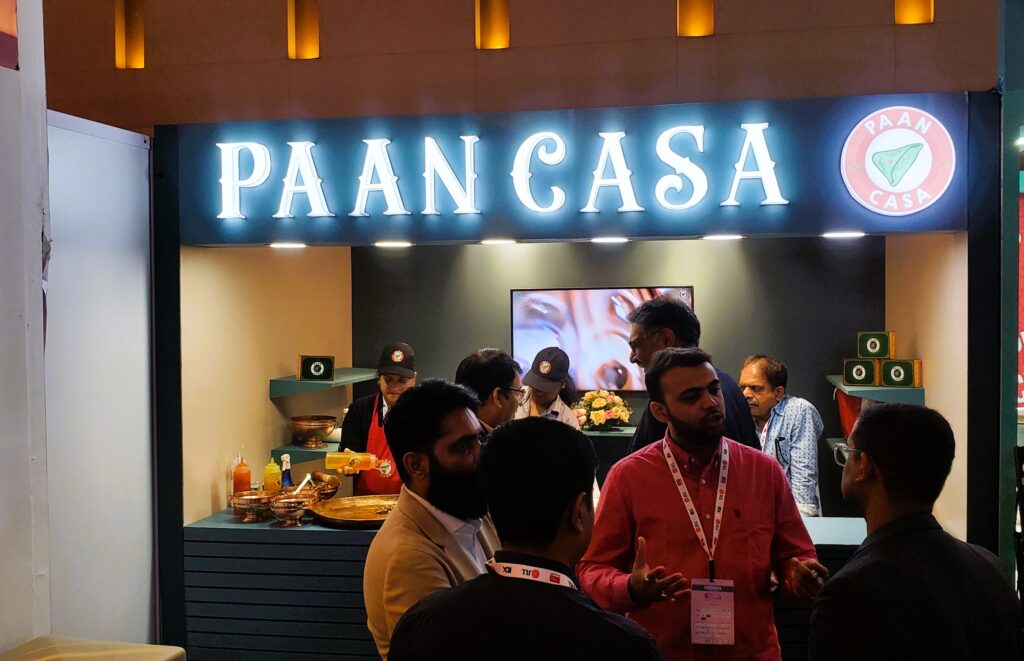
The paan from Paan Casa is an explosion of flavor, a symphony of taste that tantalizes the senses with every bite. The journey begins with a lush betel leaf, its green hue a promise of the delights to come. As you fold the leaf around a carefully curated mix of sweet, savory, and spicy ingredients, the aromas begin to dance in your nostrils, inviting you to take that first, tantalizing bite.
PAAN CASA, India’s first completely Tobacco and Nicotine Free “Family Paan Café”, serves Traditional and Authentic PAANs, Beverages, Chai, Coffee and Food developed around Paan. All made with the highest quality, in-season pure ingredients. We have an understanding of what we love about PAAN culture and wanted to create it elsewhere. We seek to not only care for our community of regulars, but we wanted to build a TOBACCO and NICOTINE free CAFÉ and the environment for families in the community.
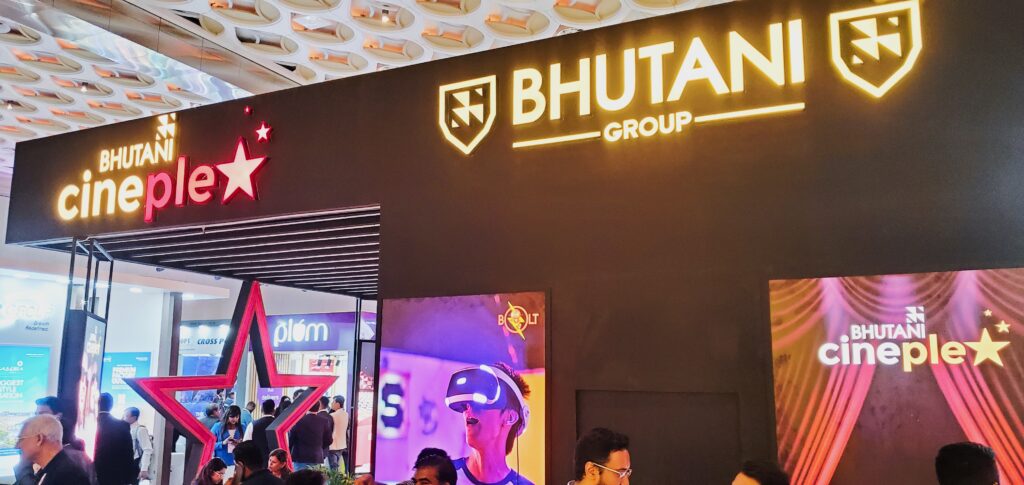
Bhutani Infra, India’s leading real estate developer for two decades, has become synonymous with the modern urban lifestyle for luxury commercial spaces and retail shops.
Bhutani Infra, India’s leading real estate developer for two decades, has become synonymous with the modern urban lifestyle for luxury commercial spaces and retail shops.


PEZ was first marketed as a compressed peppermint candy in 1927 in Vienna, Austria. Today, the company sells and markets its products worldwide with locations in Orange, Connecticut and Traun, Austria. Between them, the two locations distribute approximately 70 million dispensers and 5 billion candies per year. PEZ products are available in more than 80 countries worldwide.
